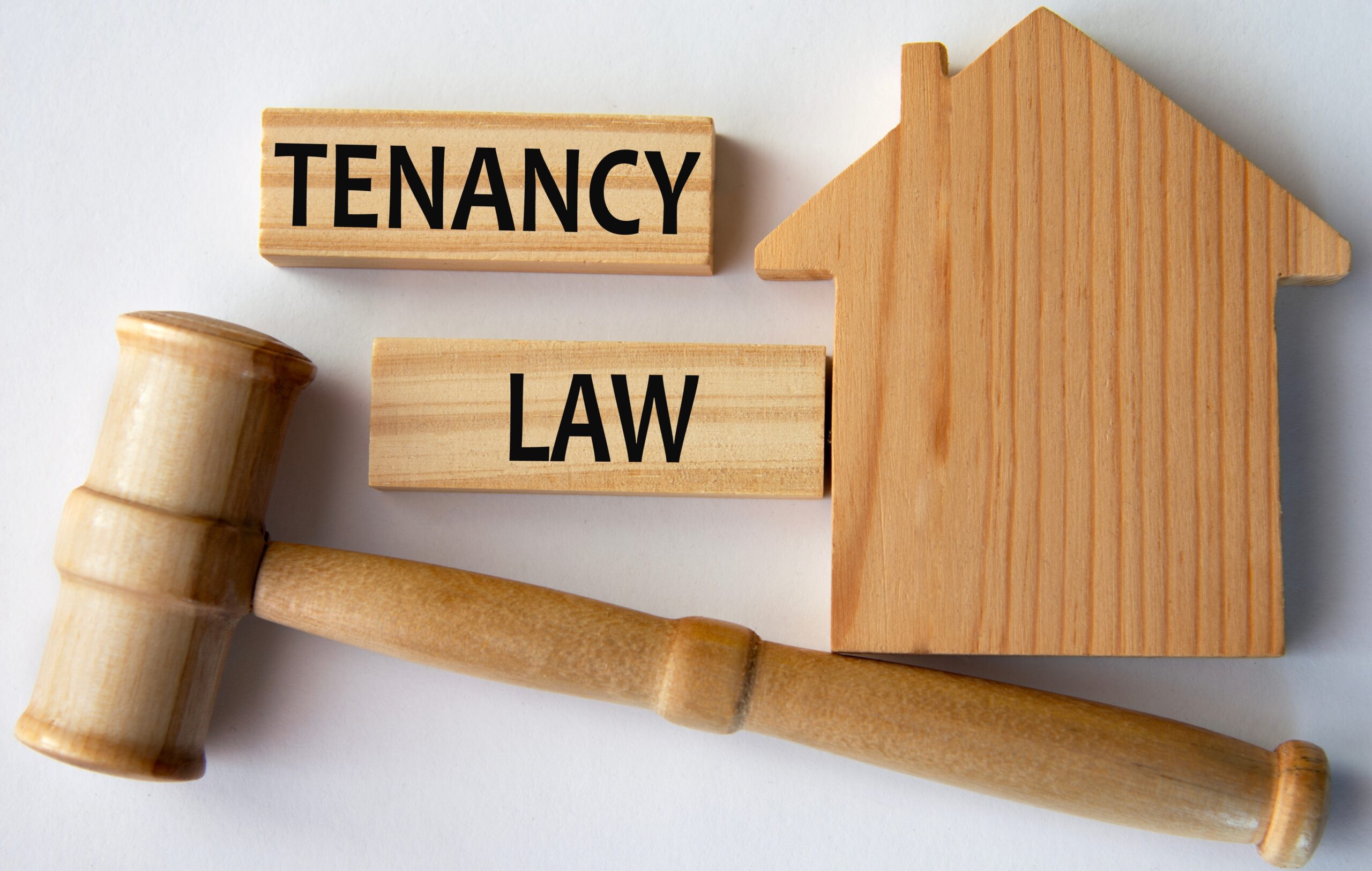
A guide to rolling lease notice periods
24-07-2025 | Landlord and Tenant DisputesRolling tenancy agreements (also known as periodic tenancies) can offer landlords some degree of flexibility. However, they also bring their own set of rules when it comes to giving notice. Understanding the correct rolling lease notice period is really important to protect both your property and your legal standing.
Read on as we’ll explain what a rolling contract is, outline the legal notice periods for landlords and tenants, and give you a clear step-by-step approach to serving notice correctly and managing the end of a tenancy smoothly.
What Is a Rolling (Periodic) Tenancy?
A rolling tenancy is a rental agreement that keeps going after the fixed-term contract ends. If a new fixed term isn’t agreed upon, the tenancy will “roll” ahead, usually based on the initial rent payment period. Landlords and tenants both have more freedom with rolling tenancies because any side can usually stop the agreement with the right notice.
There are two main types:
- Monthly rolling tenancy – Rent is paid monthly, and the agreement renews every month.
- Weekly rolling tenancy – Rent is paid weekly, and the agreement renews each week.
Rolling contracts can come about automatically when a tenant stays on after the fixed term with the landlord’s agreement, or they can be set up from the start as a contractual periodic tenancy.
Why Notice Periods Matter in Rolling Contracts
Rolling agreements can be convenient for both landlords and tenants. But requires careful consideration when it comes to ending the tenancy. As a landlord, failing to follow the correct rolling contract landlord notice rules can lead to:
- Delays in regaining possession of your property
- Potential disputes or legal challenges
- Financial loss from unpaid rent or property damage
For landlords, the tenancy rolling contract notice period is a legal requirement. If not carried out correctly, you may be unable to access your property for a prolonged period. This, paired with ongoing legal challenges over time can rack up to quite an amount, so preventing these challenges in the first place can protect you and your property.
How much notice must a landlord give a tenant under a rolling agreement?
The notice you must give as a landlord depends on the type of rolling tenancy and the relevant housing legislation. The goal is to give the other side enough time to make alternative arrangements, relocate, or wrap up operations cleanly:
Monthly rolling tenancy
If the rent is paid monthly, the landlord must give at least two months’ notice under Section 21 of the Housing Act 1988 (in England). The notice period must align with the rental period dates.
Weekly rolling tenancy
If the rent is paid weekly, you still need to give a minimum of two months’ notice under Section 21 – but the notice dates should match the weekly rental cycle.
Tip: Always check if there are local variations in notice requirements (e.g., in Wales or Scotland), as rules may differ.
How much notice does a tenant need to give under a rolling agreement?
Tenants also have legal obligations when leaving a periodic tenancy:
- Monthly rolling tenancy: One full rental month’s notice.
- Weekly rolling tenancy: At least four weeks’ notice.
This notice must end on the last day of a rental period, unless the tenancy agreement states otherwise. Tenants who fail to provide the correct rolling lease notice period could be liable for additional rent.
One to note: Under the Landlord and Tenant Act 1954, many business tenants have security of tenure-which means you can’t be evicted without a formal notice process, and you may have a right to renew. However, some leases opt out of these rights (via “contracting out”). This is also called statutory protection.
How to Serve Notice Correctly
Serving notice is more than simply sending an email. To ensure it’s valid:
- Use written notice: Either a formal notice letter or the prescribed Section 21 form for landlords.
- Match notice to rental periods: The end date must align with the tenancy cycle.
- Provide proof of delivery: Send by recorded post or deliver in person with a witness.
- Keep records: Retain copies of all notices and correspondence.
Ending a Rolling Tenancy or Moving to a New Fixed Term
You don’t always have to end a rolling tenancy; sometimes it’s better to go back to a fixed term. If both the landlord and the renter can agree on a fair and reasonable contract, this can help benefit both of you.
Ending the tenancy
Serve the correct notice, follow all legal requirements, and be prepared for potential court proceedings if the tenant refuses to leave.
Moving to a fixed term
Offer a new contract that explains the new terms, rent, and length of time. This can provide better security for both you, as the landlord, and the tenant.
Tips for Managing the Transition Smoothly
If you do decide to go ahead and serve notice, here’s how you can make the process as stress-free as possible:
Communicate early: Give tenants plenty of warning before serving formal notice.
Document everything: Keep written records of all discussions and agreements.
Plan for re-letting: Line up advertising, viewings, and referencing to avoid void periods.
Stay compliant: Always follow the legal process to avoid costly mistakes.
Rolling contracts are flexible, but you need to pay close attention to the notice periods. You can preserve your investment and keep good connections with your tenants by knowing and following the right guidelines for tenancy rolling contract notice periods.
At CIA Landlords, we can help safeguard your rental property with tailored landlord insurance. Call us today on 01788 818 670 for a quote and peace of mind.
We won't be beaten on any like for like landlord insurance quote.
Get a quote


